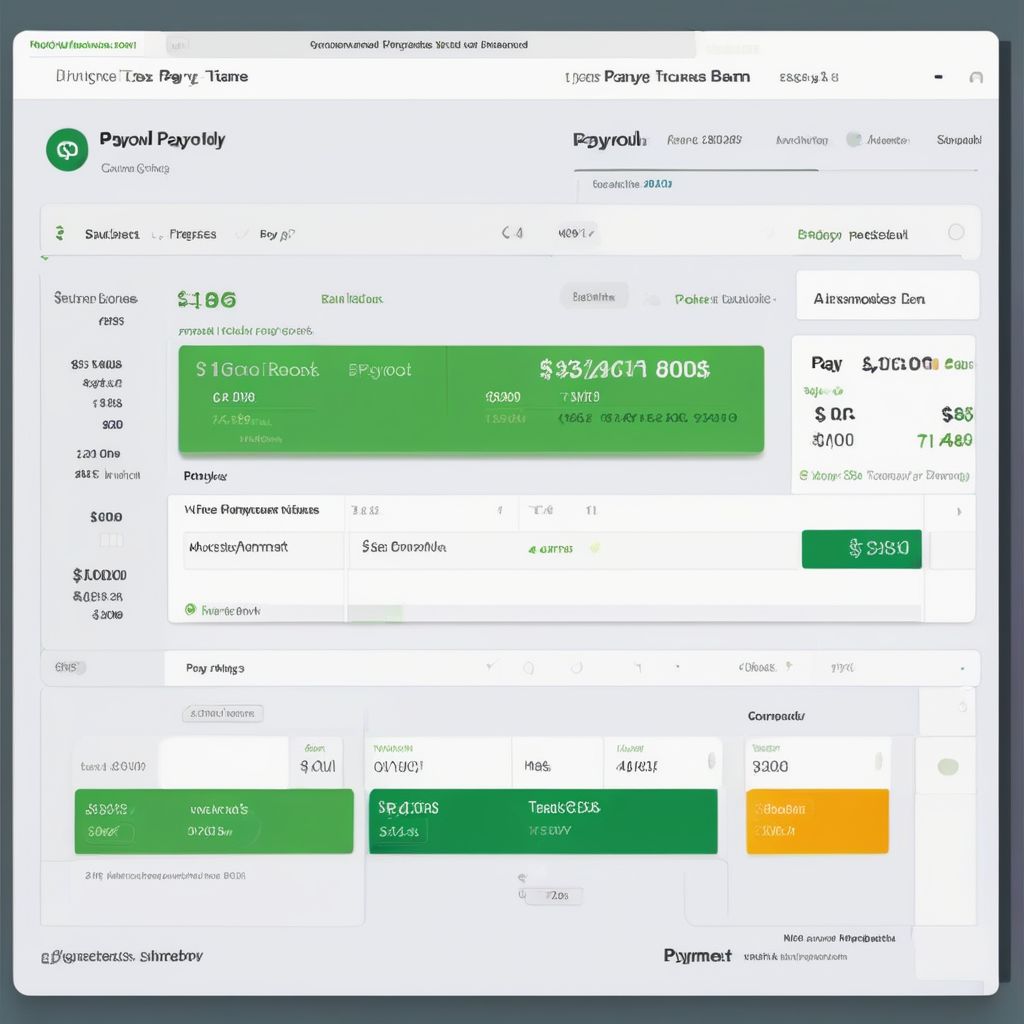Business Account Bank: What You Need to Know
In today’s financial landscape, having a dedicated financial solution is essential for businesses of all sizes. This is where a lozaviral.com/business-account-bank/">Business Account Bank comes into play. Unlike personal accounts, business accounts are designed to cater to the unique needs and challenges of running a company.
What is a Business Account Bank?
A business account bank is a type of bank account specifically designed for businesses, separating business transactions from personal ones. It provides a range of banking services tailored to facilitate business operations, such as deposits, withdrawals, payments, and other financial management tools.
Choosing the Right Business Account Bank: Key Considerations
Navigating the world of business banking can feel overwhelming, especially with numerous options available. Here are some crucial factors to consider when selecting a business account bank:
1. Business Needs and Transaction Volume
- Transaction Limits: Does your business process a high volume of transactions regularly? Consider accounts with higher transaction limits to avoid potential fees.
- Cash Deposit Frequency: If your business frequently handles cash, inquire about the bank’s cash deposit policies and potential fees associated.
- Integration Capabilities: Explore banks that offer seamless integration with accounting software, simplifying your financial management processes.
2. Fees and Minimum Balance Requirements
- Monthly Fees: Pay close attention to monthly maintenance fees, especially for businesses with limited starting capital.
- Transaction Fees: Understand the fees associated with various transactions, including but not limited to, wire transfers, international payments, and exceeding transaction limits.
- Minimum Balance Requirements: Some banks require maintaining a minimum balance to avoid monthly fees. Ensure the requirement aligns with your business’s financial capacity.
3. Online and Mobile Banking Features
- User-Friendly Interface: Opt for a bank with a user-friendly online and mobile banking platform to manage your finances efficiently.
- Mobile Check Deposit: For businesses that frequently receive checks, the availability of mobile check deposit can save valuable time.
- Payment and Transfer Capabilities: Choose a bank offering convenient online payment options, including ACH transfers and wire transfer capabilities.
Benefits of Having a Business Account Bank
Opening a business account bank offers a multitude of benefits for your company:
1. Enhanced Financial Organization and Professionalism
- Separate Business and Personal Finances: Maintain a clear separation between business and personal transactions, simplifying accounting and tax preparation.
- Professional Image: Using business checks and making payments from a dedicated business account enhances your company’s credibility and professionalism.
2. Access to Business Credit and Loan Opportunities
- Building Business Credit History: Establishing a positive track record with a business account can pave the way for accessing credit and loan opportunities in the future.
3. Simplified Accounting and Tax Filing
- Streamlined Financial Records: Separate bank statements for your business simplify bookkeeping, making it easier to track income and expenses accurately.
Additional Factors to Consider
- Customer Service and Support: Evaluate the bank’s customer service accessibility and responsiveness to address your queries or concerns effectively.
- Branch Network and ATM Availability: Consider the bank’s branch network and ATM accessibility, particularly if your business requires frequent in-person banking services or cash withdrawals.
Conclusion
Choosing the right business account bank is a crucial step for any business owner. By carefully considering your business needs, researching various options, and understanding the features and benefits offered by different banks, you can make an informed decision that aligns with your company’s financial goals and sets it up for success. Remember to explore resources, compare options, and seek advice from financial professionals to guide you through the process.

